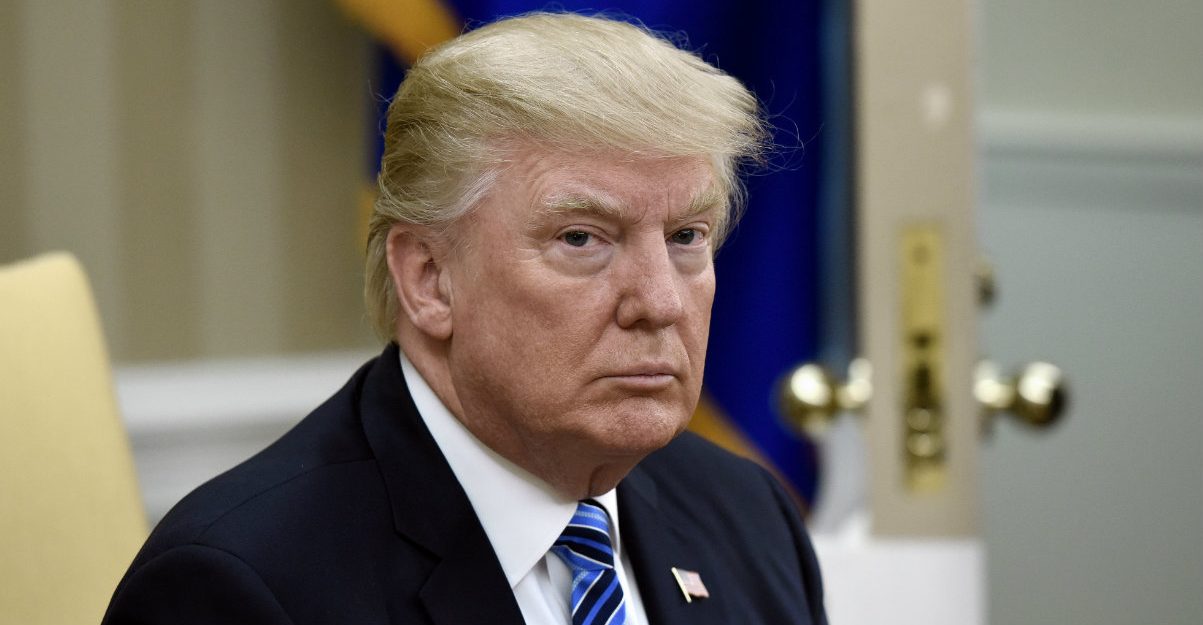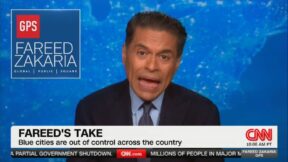Trump Invokes Paris Protests Over Fuel Tax Hike to Decry ‘Fatally Flawed’ Climate Agreement

On Tuesday, French President Emmanuel Macron delayed the fuel price hike that was the impetus for the massive protests across the country and particularly in Paris, a move to quell unrest which had the byproduct of giving U.S. President Donald Trump an excuse to claim a victory of sorts.
The fuel tax increase was part of France’s effort to control carbon emissions by making it more expensive to drive, thus prompting less driving. The massive protests began in opposition to that tax hike but spread into a more populist movement over the weeks among the working class citizens who would be most affected by the price increase.
After it was clear that Macron had been defeated by the strong-arming of the violent protests, Trump tweeted that he was pleased with the outcome.
“I am glad that my friend Emmanuel Macron and the protestors in Paris have agreed with the conclusion I reached two years ago,” said Trump. “The Paris Agreement is fatally flawed…”
I am glad that my friend @EmmanuelMacron and the protestors in Paris have agreed with the conclusion I reached two years ago. The Paris Agreement is fatally flawed because it raises the price of energy for responsible countries while whitewashing some of the worst polluters….
— Donald J. Trump (@realDonaldTrump) December 4, 2018
….in the world. I want clean air and clean water and have been making great strides in improving America’s environment. But American taxpayers – and American workers – shouldn’t pay to clean up others countries’ pollution.
— Donald J. Trump (@realDonaldTrump) December 4, 2018
Trump’s tweet relates the French conflict to international disparity between nations in the Paris agreement, and the move to raise taxes was in fact part of Macron’s commitment to that agreement, but neither the conflict nor the temporary truce were based on a disparity between nations, but rather on the domestic policy issue of raising taxes and the disparate impact the particular tax would have on the working class. In other words, an almost stereotypical struggle in the context of French history.
The delay is, by the intrinsic nature of a delay, only temporary. Eventually, if no agreement is reached, there will likely be “yellow jackets” in the streets of Paris once more, climate agreement or not.
[Featured image via Olivier Douliery / Getty Images]
—
Follow Caleb Howe (@CalebHowe) on Twitter
New: The Mediaite One-Sheet "Newsletter of Newsletters"
Your daily summary and analysis of what the many, many media newsletters are saying and reporting. Subscribe now!






Comments
↓ Scroll down for comments ↓